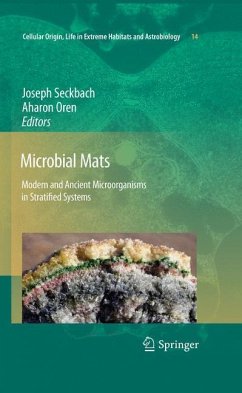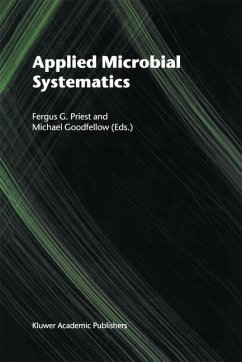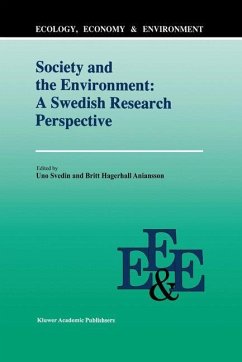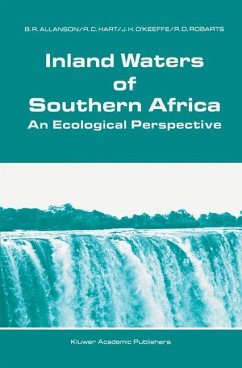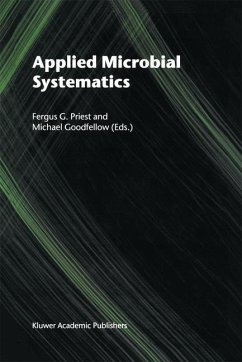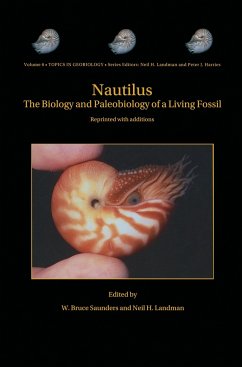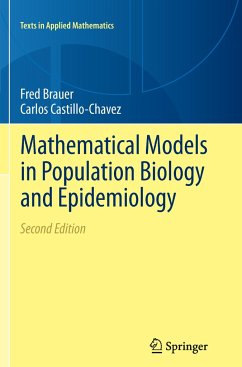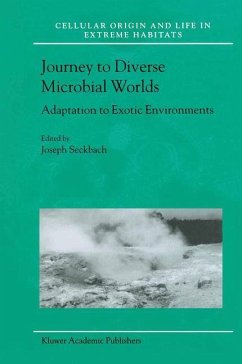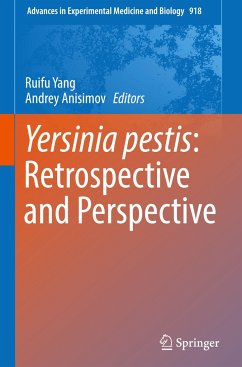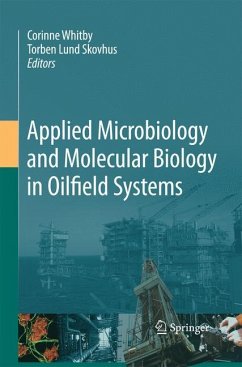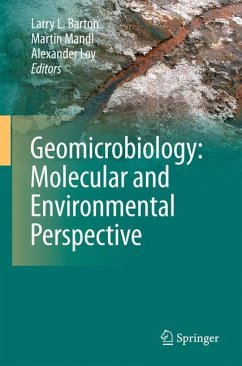
Geomicrobiology: Molecular and Environmental Perspective
Versandkostenfrei!
Versandfertig in 6-10 Tagen
151,99 €
inkl. MwSt.

PAYBACK Punkte
76 °P sammeln!
The interaction of microorganisms with geological activities results in processes influencing development of the Earth's geo- and biospheres. In assessing these microbial functions, scientists have explored short- and longterm geological changes attributed to microorganisms and developed new approaches to evaluate the physiology of microbes including microbial interaction with the geological environment. As the field of geomicrobiology developed, it has become highly interdisciplinary and this book provides a review of the recent developments in a cross section of topics including origin of li...
The interaction of microorganisms with geological activities results in processes influencing development of the Earth's geo- and biospheres. In assessing these microbial functions, scientists have explored short- and longterm geological changes attributed to microorganisms and developed new approaches to evaluate the physiology of microbes including microbial interaction with the geological environment. As the field of geomicrobiology developed, it has become highly interdisciplinary and this book provides a review of the recent developments in a cross section of topics including origin of life, microbial-mineral interactions and microbial processes functioning in marine as well as terrestrial environments. A major component of this book addresses molecular techniques to evaluate microbial evolution and assess relationships of microbes in complex, natural c- munities. Recent developments in so-called 'omics' technologies, including (meta) genomics and (meta)proteomics, and isotope labeling methods allow new insights into the function of microbial community members and their possible geological impact. While this book summarizes current knowledge in various areas, it also reveals unresolved questions that require future investigations. Information in these chapters enhances our fundamental knowledge of geomicrobiology that contributes to the exploitation of microbial functions in mineral and environmental biotechn- ogy applications. It is our hope that this book will stimulate interest in the general field of geomicrobiology and encourage others to explore microbial processes as applied to the Earth.





